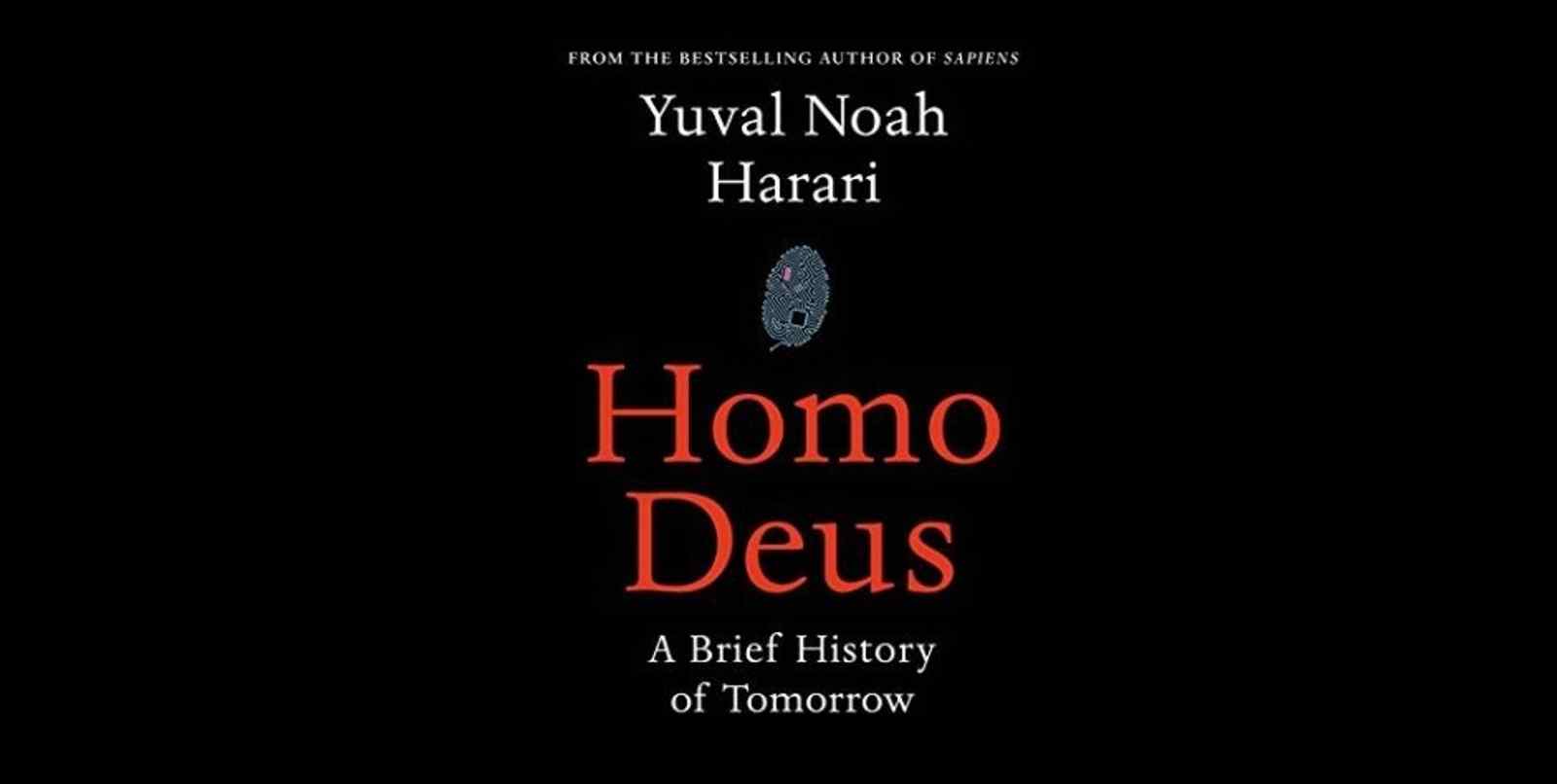A Book Review: Homo Deus and post-AI Humanism
For this week’s blog post, I’d like to recommend a book I recently read: Homo Deus: A Brief History of Tomorrow by Yuval Noah Harari (also known for the book, Sapiens). The book presents a brief history of humanity and humanism; how we got here, where we’re going, and potential issues we should be thinking about moving forward. I particularly enjoyed Harari’s take on the interconnectedness of technology, self-perception, and society, and I’d like to explore some of the ideas he presents with respect to historical and current trends.
From the Stone Age to Humanism
For millennia humans existed as hunter-gathers; they saw themselves as part of the natural world and worshipped spirits of nature. As humanity developed agriculture and farming, we faced our first existential dilemma. Agriculture gave us power over plants and animals, life and death. Given this power, did it make sense to see ourselves as part of the natural order, or were we above it? Harari suggests, in response to this identity crisis, we invented new religions which assigned humans divine authority over nature. This provided a satisfying rationale for our place in the universe and our position as masters of the natural world.
Eventually this rationale was challenged by the Scientific Revolution. Science improved our understanding of the world around us and made supernatural explanations obsolete. But this created a new existential dilemma. If supernatural explanations were no longer needed, then what was our purpose? Harari posits we found the answer by looking inward. We found meaning in the human experience, giving rise to Humanism. Instead of relying on a higher power to define concepts like goodness and beauty, humanism taught that these concepts were defined internally, best captured in credos like “beauty is in the eye of the beholder” and “think for yourself.”
From Free Will to Algorithms
Humanism, as we practice it today, is founded on the belief in Free Will. This is reflected in our laws, economy, and government. However, modern science is undermining this belief. While we each experience an internal narration and “feel” like we make decisions, this may in fact be an illusion. There is a very real possibility that humans are merely complex biochemical algorithms.
If true, then theoretically if you modeled all the data being consumed, how it is processed and ultimately interpreted, then you could accurately predict human behavior. While it might sound like science fiction, this is already being applied today by most of the major tech firms. When Netflix suggests a movie you might enjoy based on your past selections, it is doing so by modeling your behavior against millions of others to predict what someone like you will probably like.
This focus on data, Harari suggests, is giving rise to a new religion, which he calls Dataism. Dataism seeks to define the universe as data flows and values phenomena as it relates to data processing. Advancements in computer science and artificial intelligence (AI) are giving rise to non-conscious algorithms and creating humanity’s next existential dilemma. Under dataism, where value is attributed to processing power, humanity may find itself undervalued by its own creations as the processing limits of biochemical algorithms are eclipsed by electronic algorithms. Harari closes his book with three questions to consider as we move forward:
1. Are organisms really just algorithms, and is life really just data processing?
2. What’s more valuable — intelligence or consciousness?
3. What will happen to society, politics and daily life when non-conscious but highly intelligent algorithms know us better than we know ourselves?
Challenges for the Secular Community
I think these are important questions for our community to think about. While AI may outperform humans in data processing, they will not replace the need for love and community, although people are definitely trying. Humans are social creatures and, in the best case scenario, freed from menial tasks we will be able to spend more time building meaningful relationships and caring for one another. The major challenge for us, I believe, will be creating social structures to ensure that the gains from AI are not limited to a few algorithm-owning individuals. A few ideas are floating around, such as universal basic income (see Finland’s experiment) and platform co-ops. If human hands solve human problems, then this is something we should be all be working towards.

